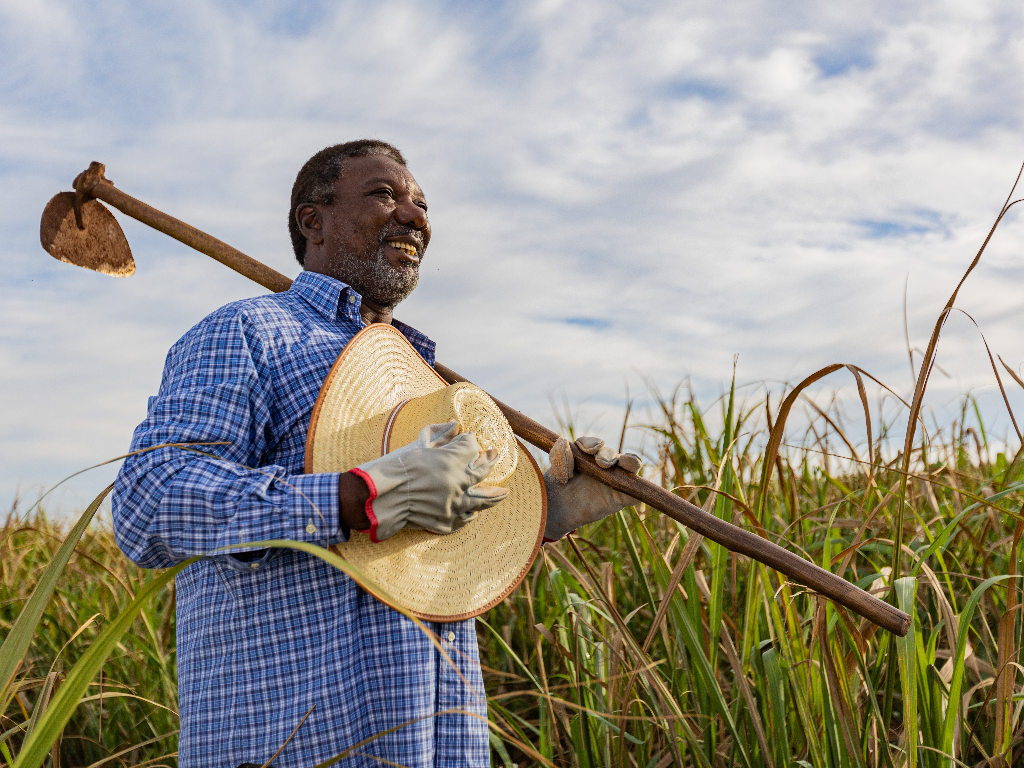Context and Background:
The Kenyan government recently announced the suspension of sugar imports, a decision that has been met with widespread approval from both cane farmers and millers. The suspension is seen as a protective measure to support the local sugar industry, which has been struggling to compete with cheaper imported sugar. The influx of imported sugar has often led to depressed prices, harming local producers and causing financial instability in the sector.
Details of the Suspension:
The decision to suspend sugar imports was announced following pressure from various stakeholders within the sugar industry who argued that the importation of cheaper sugar from abroad was undermining local production. The suspension is intended to allow the local market to stabilize, giving Kenyan farmers and millers the opportunity to sell their produce at more competitive prices.
Hilton Otenyo reports that this move is part of a broader government strategy to protect the interests of local sugarcane farmers and millers, ensuring the sustainability of the industry. The suspension is also aimed at preventing the accumulation of sugar stockpiles, which have previously led to significant losses for millers due to the lower market demand for locally produced sugar.
Reaction from Farmers and Millers:
Cane farmers and millers have welcomed the suspension of sugar imports, viewing it as a necessary step to safeguard their livelihoods. The Kenya National Federation of Sugarcane Farmers (KNFSF) has expressed strong support for the decision, highlighting that it will help stabilize prices and provide much-needed relief to farmers who have been facing economic hardship due to low returns on their produce.
Farmers argue that the suspension of imports will enable them to get better prices for their cane, as the competition from cheaper imported sugar has often forced local prices down to unsustainable levels. With imports halted, there is an expectation that local demand for Kenyan sugar will increase, allowing farmers and millers to benefit from more favorable market conditions.
Millers, too, have responded positively to the news. They believe the suspension will allow them to clear their existing stockpiles and improve cash flow, which has been severely affected by the influx of cheaper imported sugar. This move is seen as a critical step towards restoring the health of the local sugar industry and ensuring its long-term viability.
Government's Perspective:
The government's decision to suspend sugar imports reflects its commitment to supporting the local sugar industry and addressing the concerns of farmers and millers. By temporarily halting imports, the government aims to create a more level playing field for local producers, allowing them to compete more effectively in the market.
This suspension is part of a series of measures being implemented to revitalize the sugar industry, which has faced numerous challenges in recent years, including mismanagement, corruption, and the impact of cheap imports. The government is keen to ensure that the industry remains a significant contributor to the national economy and provides sustainable livelihoods for the millions of Kenyans who depend on it.
Opinion:
Is the suspension of sugar imports a sustainable solution for protecting Kenya's sugar industry, or is it merely a temporary fix that addresses only the symptoms of deeper issues?
The suspension of sugar imports is undoubtedly a positive step towards protecting Kenya's sugar industry from the adverse effects of cheap foreign competition. By halting imports, the government is providing immediate relief to farmers and millers who have struggled with low prices and financial instability due to the influx of cheaper sugar. This move helps to stabilize the market, giving local producers a chance to sell their produce at more competitive prices and ensuring that they receive fair compensation for their efforts.
However, while the suspension of imports addresses the immediate concerns of farmers and millers, it may not be a sustainable long-term solution for the industry. The underlying issues facing Kenya's sugar sector, such as inefficiencies in production, high costs, and mismanagement, still need to be addressed comprehensively. Without tackling these root causes, the industry may continue to face challenges even after the suspension of imports is lifted.
Additionally, there is a risk that the suspension could lead to complacency among local producers, who may become less motivated to improve productivity and efficiency if they are shielded from international competition. To ensure the long-term sustainability of the industry, the government must complement the suspension of imports with broader reforms aimed at enhancing productivity, reducing costs, and improving governance within the sector.
While the suspension of sugar imports is a welcome and necessary step to protect Kenya's sugar industry in the short term, it should be part of a broader strategy to address the deeper issues affecting the sector. The government must continue to engage with all stakeholders to develop a comprehensive plan that ensures the industry's long-term viability and sustainability.
Credit: Rosemary Wambui of AFA - Sugar Directorate

